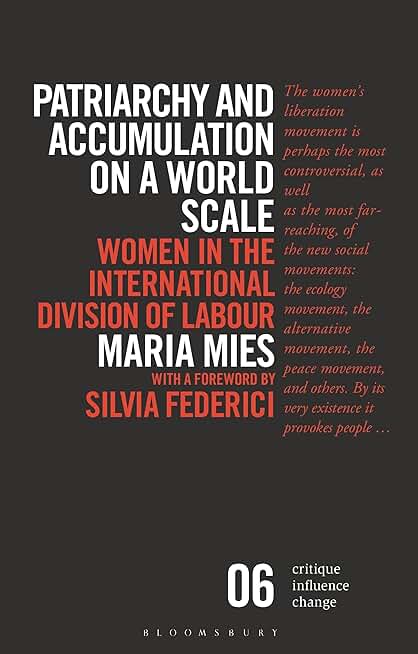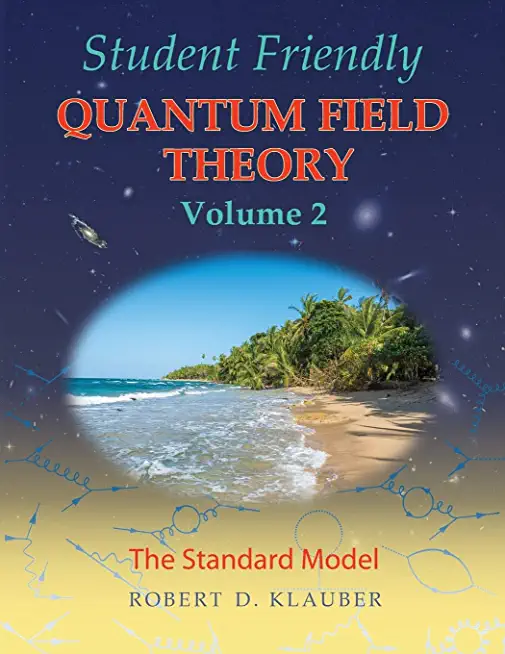
Mies, Maria
product information
description
l production of life, or subsistence production - mainly performed through the non-wage labour of women and other non-wage labourers as slaves, contract workers and peasants in the colonies - constitutes the perennial basis upon which "capitalist productive labour" can be built up and exploited.' First published in 1986, Maria Mies's progressive book was hailed as a major paradigm shift for feminist theory, and it remains a major contribution to development theory and practice today. Tracing the social origins of the sexual division of labour, it offers a history of the related processes of colonization and 'housewifization' and extends this analysis to the contemporary new international division of labour. Mies's theory of capitalist patriarchy has become even more relevant today. This new edition includes a substantial new introduction in which she both applies her theory to the new globalized world and answers her critics.
member goods
No member items were found under this heading.
Return Policy
All sales are final
Shipping
No special shipping considerations available.
Shipping fees determined at checkout.







